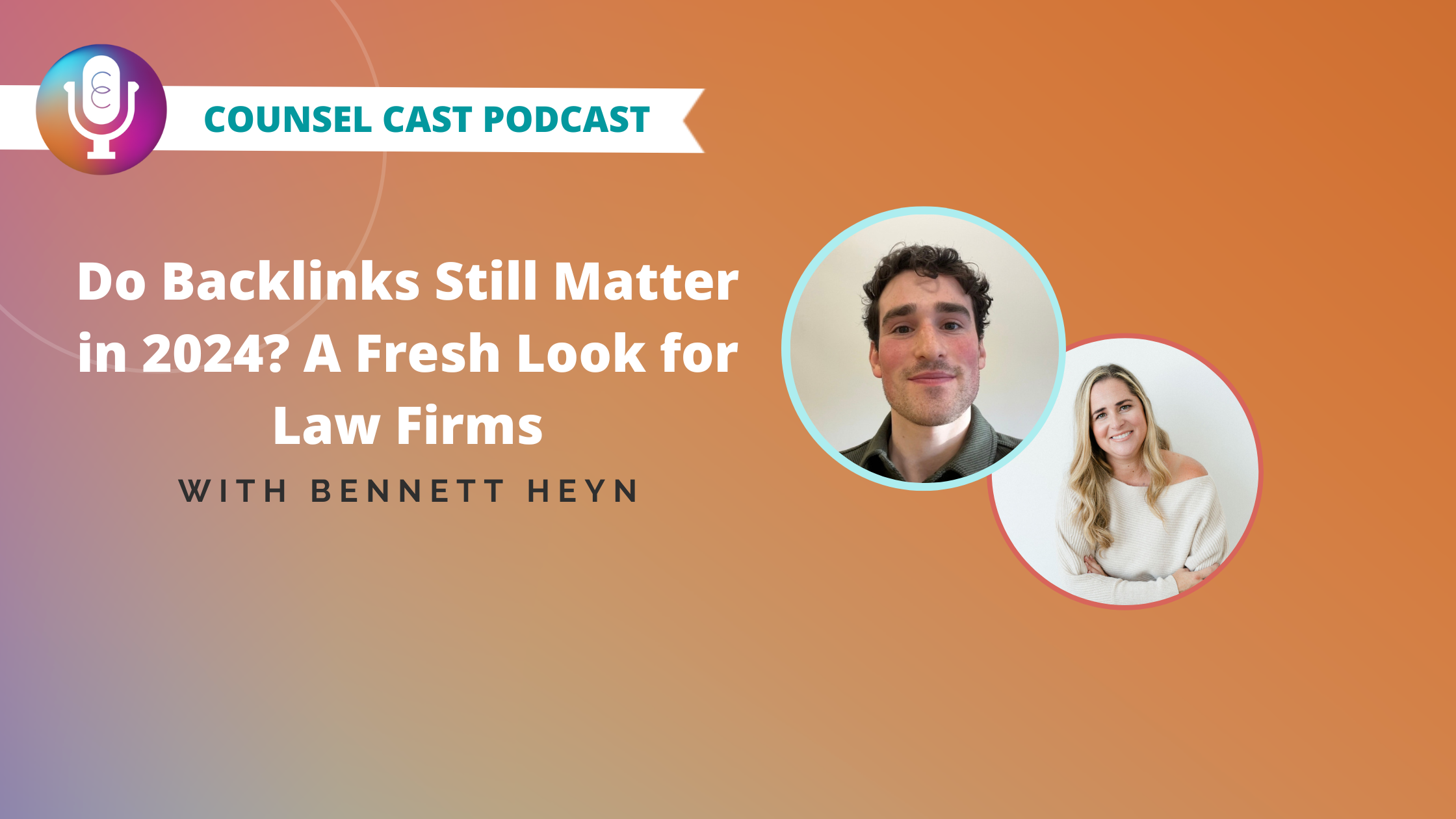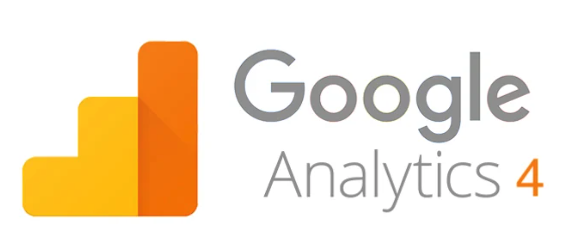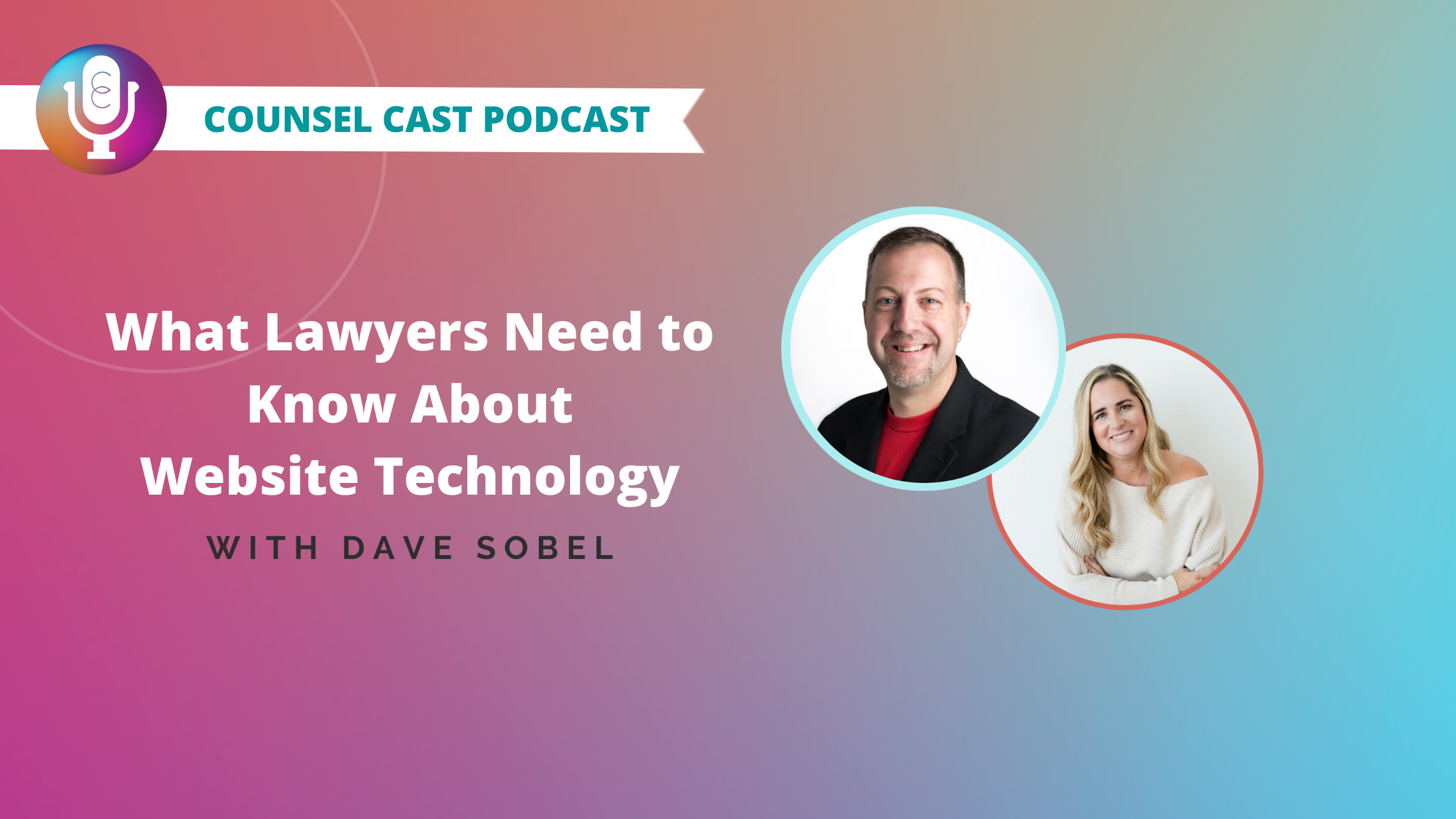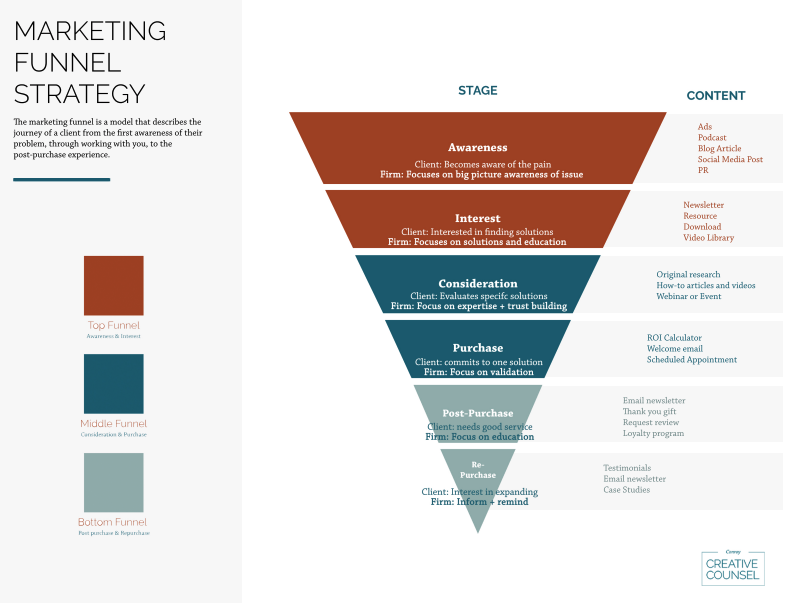It is impossible to overestimate the significance of keeping up a strong online presence in the modern digital world. This is especially important for attorneys and law firms, as they frequently depend on their online presence to draw in business and build trust.
Recently featured in the prestigious ABA GP Solo eReport, Karin is a renowned expert in marketing for lawyers and law firms, offering invaluable insights into the ever-evolving digital landscape. In her latest article, she delves into the fascinating world of AI and its role in Search Engine Optimization (SEO) for legal professionals. With a keen eye for the intricacies of digital marketing, Karin explores the advantages and limitations of AI in SEO, shedding light on crucial considerations for lawyers and law firms seeking to enhance their online presence. Read on to discover the key takeaways from her thought-provoking article.
The role of artificial intelligence (AI) in search engine optimization (SEO) has drawn a lot of attention in the quickly changing digital landscape. The benefits and drawbacks of AI in SEO for attorneys and law companies are examined in this essay. Although AI can automate tasks and optimize processes, it has limitations due to its reliance on past data, lack of context, and tendency to prioritize quantity above quality. Keyword research, the possibility of duplicate content, and the lack of originality and creativity highlight AI’s shortcomings. The essay emphasizes how crucial it is to find the ideal balance between AI and human knowledge in order to develop an SEO strategy that works in the ever-changing digital landscape.
The Allure of AI in SEO
In the ever-changing digital landscape, the allure of Artificial Intelligence (AI) has grown significantly. As businesses strive to improve their website rankings and visibility on search engines like Google, AI promises to automate and optimize many SEO tasks. In this section, we’ll delve into why AI is seen as a game-changer in SEO.
AI offers automation and efficiency, allowing lawyers to save time and resources on their digital marketing efforts. It can analyze enormous volumes of data, spot patterns, and make data-driven decisions, all at an unprecedented speed. Lawyers and law firms are drawn to AI’s potential to enhance their SEO strategy.
The Limitations of AI in Understanding Context
Despite its remarkable capabilities, AI faces a significant limitation in SEO—the difficulty of fully understanding human language and context. The intricacies of language can be challenging for AI-powered systems to grasp, especially when it comes to comprehending user intent. In this section, we explore how AI’s context limitations can affect SEO efforts.
AI-driven content generation tools, while proficient in producing grammatically correct content, often fall short in capturing the unique voice and tone of a brand or connecting with the audience on a personal level. This inability to understand context can result in content that feels robotic and disconnected from real users, ultimately harming SEO efforts.
The Dependence on Historical Data
AI algorithms heavily rely on past data for learning and decision-making. However, this poses a substantial challenge in the rapidly evolving SEO industry. In this section, we discuss the pitfalls of AI’s historical data dependence.
What worked yesterday might not work tomorrow in the SEO world due to the continuous evolution of search engine algorithms, user behavior, and market trends. AI models struggle to make future predictions or adapt to unforeseen developments, potentially exposing SEO strategies to unexpected changes in user preferences and search engine rankings.
Overemphasis on Quantity Over Quality
AI-driven SEO solutions can automate numerous processes, from keyword research to content development and link building. While this automation can be efficient, it often results in an overemphasis on quantity over quality. In this section, we explore the consequences of this approach.
Delivering value to the audience is essential for SEO success. AI-generated content may prioritize keyword density and SEO metrics but may lack depth, authenticity, and knowledge. High-quality content that genuinely adds value is increasingly rewarded by search engines. Relying solely on automated content production can harm a brand’s reputation and credibility.
Insufficient Keyword Research
While AI can perform keyword research, it often struggles to understand the subtleties of specific legal industries. Additionally, AI disregards information not present in its database. In this section, we delve into the importance of human expertise in keyword research.
Lawyers and SEO experts familiar with the industry can provide more thorough keyword research, aligning it with the company’s objectives. Understanding industry lingo and potential trends that the audience may be searching for is crucial, and this is where human oversight becomes invaluable.
Risk of Duplicate Content and Algorithm Penalties
AI-powered content generation tools make it easier than ever to produce a large volume of content quickly. However, this convenience can unintentionally lead to the creation of duplicate or low-quality content, which can be problematic for search engines. In this section, we discuss the risks involved.
Duplicate content can result in algorithmic penalties, reducing a website’s rankings. Moreover, search engines are becoming stricter in assessing the value and relevance of content, which may not always align with AI-generated material. Human-generated content can help maintain a strong, long-lasting SEO presence thanks to its unique insights and experience.
Lack of Creativity and Innovation
While AI excels at streamlining existing processes, it often lacks creativity and innovation. SEO, in addition to established practices, requires fresh ideas to stand out in a crowded market. In this section, we explore the importance of human creativity in SEO.
Human SEO experts possess the ability to think creatively, experiment with new strategies, and adapt to evolving trends. Relying solely on AI in SEO can lead to stagnation and missed opportunities for innovation.
Striking the Right Balance
In conclusion, the world of SEO has undoubtedly been transformed by artificial intelligence, automating tasks and providing valuable insights. However, it’s crucial to acknowledge its limitations. In this final section, we emphasize the importance of finding the right balance between AI and human expertise in SEO.
Achieving this balance ensures that SEO strategies incorporate context, quality, originality, and adaptability. In a constantly evolving digital landscape, combining AI’s efficiency with human creativity and critical thinking is essential for a robust and successful SEO strategy.
Connect with Karin for In-Depth Insights
Want to learn more about this subject and how to successfully negotiate the connection of AI and human SEO expertise? Karin is a marketing specialist for lawyers and expanding law firms. She is available for speaking events, podcasts, and conversations on this important topic. Get in touch and speak with her to get her thoughts for your audience!
_____________________________
Published in GPSolo eReport, Volume 13, Number 3, October 2023. ©2023 by the American Bar Association. Reproduced with permission. All rights reserved. This information or any portion thereof may not be copied or disseminated in any form or by any means or stored in an electronic database or retrieval system without the express written consent of the American Bar Association. The views expressed in this article are those of the author(s) and do not necessarily reflect the positions or policies of the American Bar Association or the Solo, Small Firm and General Practice Division.











